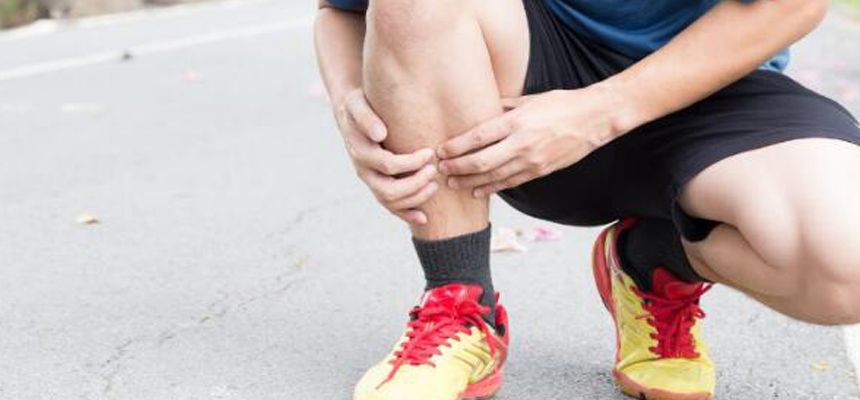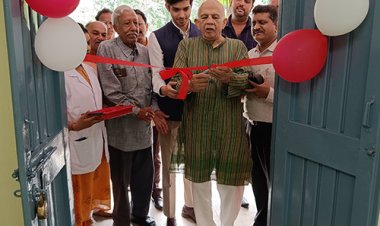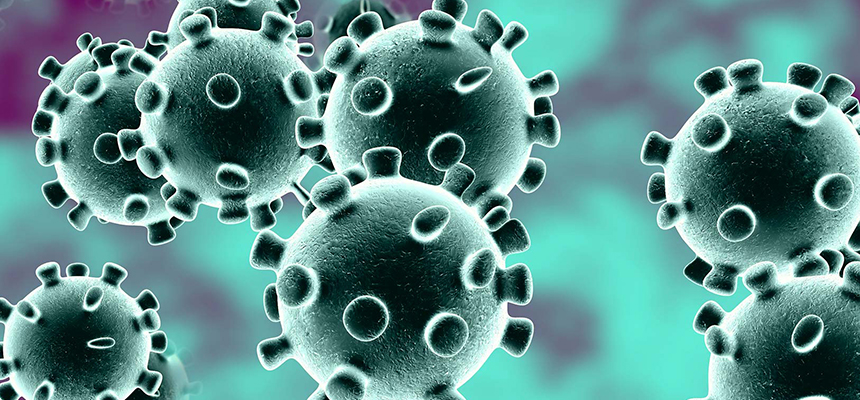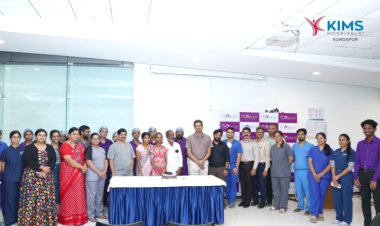Medicinal Protocol For Cancer Patients in Summer

The warmth of the sun in the summer after a cold winter is always inviting. Summer vacations plans also start. However, those who are undergoing chemotherapy and radiotherapy outdoor activities in the summer can expose them to certain infections. They need to take extra protection in summer and plan their outdoor activities in advance. The effects of chemotherapy drugs lasts for just one or two months after the treatment is over. By that time the person can go out in the sun, but it is always advisable to stay in the shade and beat the heat since the treatments will continue for sometime. So make sure to complete your morning walk before 10 am and better still go for an evening or night walk when the weather is cooler.
Dr M Suneetha, head of the department and consultant radiation oncologist at Continental Hospitals gives handy tips to stay away from the summer heat for patients undergoing treatment and are on daily medications.
![]() What is radiation?
What is radiation?
Radiotherapy is the use of powerful high energy x rays to kill cancer cells. These x rays damage the DNA of tumour cells which hampers them to proceed through the cell division and ultimately die. Some normal cells also get damaged by radiation, but they can repair the damage before the next fraction of radiotherapy session.

![]() What is chemotherapy?
What is chemotherapy?
Chemotherapy is a type of cancer treatment which uses medicines either in the form of oral tablets or intravenous injections. In contrast to radiotherapy which has only local effect i.e. It only works on a part of the body where it is given. Chemotherapy has a systemic effect i.e. It works all in once in the body.
![]() What types of cancer does radiation and chemotherapy cure?
What types of cancer does radiation and chemotherapy cure?
Cancers like head, neck and cervical cancers in stage II and III.
![]() Summer is all about outdoor activities like swimming, pool parties and barbeque so what are the challenges a person undergoing chemotherapy can face when exposed to sun for long hours?
Summer is all about outdoor activities like swimming, pool parties and barbeque so what are the challenges a person undergoing chemotherapy can face when exposed to sun for long hours?
For patients undergoing chemotherapy we usually warn them of possible infections as the body is vulnerable for infections and is sensitive now. Please avoid swimming, pool parties, barbeque. Home cooked food with less spice and lots of liquids in the form of water, buttermilk, milk, fresh fruit juices and curd etc.
![]() Why do patients undergoing radiation and chemotherapy become photosensitive and why is the heat so bad for them?
Why do patients undergoing radiation and chemotherapy become photosensitive and why is the heat so bad for them?
Photosensitivity is a tendency to sunburn easily. Many of the cancer chemotherapy drugs and radiotherapy can cause photosensitivity. This shows up as redness, blistering and oozings from the skin which is exposed to the Sun. Exposure to the sunlight which has UV radiation activates the chemical compounds in the skin which further damages the tissues by damaging the DNA of the cell membrane.
![]() Heat can affect cancer patients adversely, what are the precautions one should take in summers?
Heat can affect cancer patients adversely, what are the precautions one should take in summers?
As the skin becomes more sensitive to sun in summer and even more due to chemotherapy and radiation, it is advisable to avoid going into the Sun as much as possible in summers especially between 10 am and 3pm. If it can't be avoided then cover all parts of the body as much as possible by wearing full sleeves and full skirts. Exposed areas should be protected by sunscreen lotion with atleast SPF 30, applied atleast 15 minutes before going to the Sun. Apply repeatedly atleast 3-4 times in the day. Wear loose light coloured cotton clothes. Wear a hat or carry an umbrella. If it is inevitable to avoid outdoor parties then carry your own homecooked food and prefer to stay in shaded places. Avoid swimming as chlorine in the water again burns the skin. Watermelon juice and lemonade helps to stay hydrated. Eat frequent small meals. If you feel weak or fatigued it means you are dehydrating and have loads of water, buttermilk and coconut water. Always carry a water bottle whereever you go.
Avoid smoking and alcohol as it increases the sideeffects of treatment. Also avoid, excessive spice, sugar and salt. Finally personal hygiene especially hand wash with soap and water before cooking and eating food.
For Appointment : Dr M Suneetha, head of the department and consultant radiation oncologist at Continental Hospitals

 Disclaimer: Welthi.com does not guarantee any specific results as a result of the procedures mentioned here, and the results may vary from person to person.
Disclaimer: Welthi.com does not guarantee any specific results as a result of the procedures mentioned here, and the results may vary from person to person.









